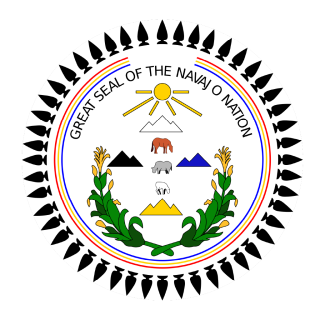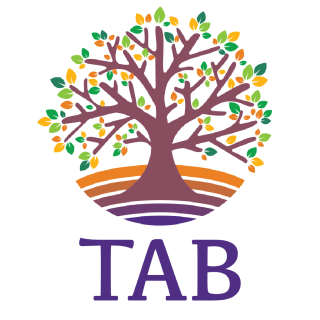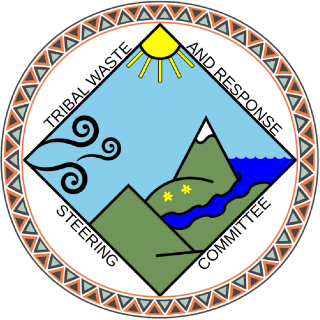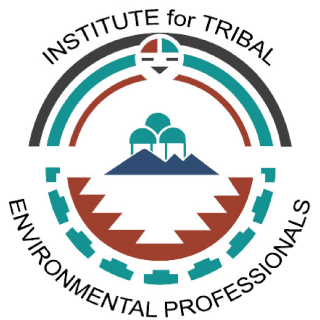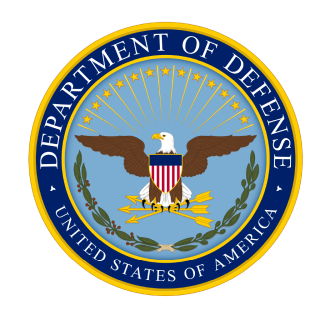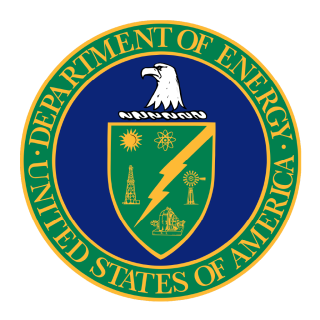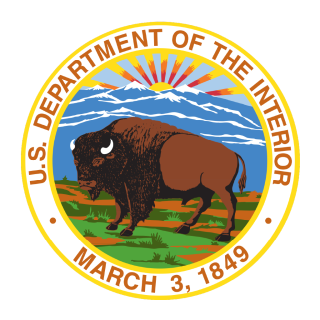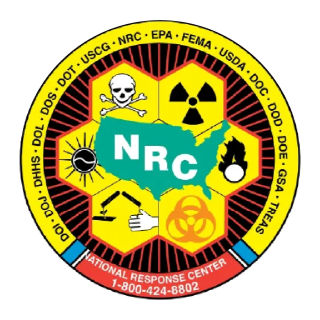2023 OLEM Tribal Program Accomplishments
EPA’s Office of Land and Emergency Management tribal program is committed to protecting human health and the environment in Indian country, while supporting Tribal sovereignty, acting consistently with the federal trust responsibility and strengthening the government-to-government relationship with Tribes. This page summarizes accomplishments by OLEM in 2023 to provide training, funding, technical assistance, and support to our Tribal partners in cleanup, prevention and response programs. Collaboration with our many partners helped us increase Tribal understanding and participation in key OLEM programs, including solid and hazardous waste, underground storage tanks, emergency management, Superfund, Brownfields, and federal facilities. For past OLEM Tribal accomplishments, please visit the 2020 OLEM Tribal Accomplishments, the 2021 OLEM Tribal Accomplishments or the 2022 OLEM Tribal Accomplishments.

550 in-person and virtual participants registered for the hybrid 2023 TLEF
OLEM co-hosted the 2023 Tribal Lands and Environment Forum in Syracuse, NY, bringing together 380 in-person and 170 virtual attendees to learn, share, network, and build Tribal capacity to implement cleanup, prevention, and response programs in Indian country.

222 OLEM, HQ and regional staff participated in two trainings on the OLEM Tribal Program
In May and November 2023, OCPA hosted two trainings to educate OLEM staff on important EPA and OLEM Tribal policies and concepts. At these trainings, OLEM and Tribal presenters provided an overview of the Tribal Waste and Response Steering Committee, OLEM’s Tribal Program activities, and perspectives on environmental justice for Tribal Nations. 222 OLEM, EPA headquarters, and regional staff participated in the two live webinars.

OBLR awarded Tribal Technical Assistance for Brownfields
OBLR awarded a cooperative agreement in 2023 to Kansas State University to provide free Brownfields technical assistance to Tribal organizations. This technical assistance will benefit eligible Tribes in all EPA regions who are inventorying, assessing, and reusing brownfields. KSU Tribal TAB also provides online tools and a database to create site inventories, manage data, and simplify the grant writing process for EPA funding.

Validated 114 Open Dumps at four Tribes
In 2023, OLEM and Indian Health Service partnered in a pilot program, testing a new IHS mobile app for data entry and waste identification training. IHS, EPA, and Tribal partners validated 114 open dumps at Navajo Nation, Crow Creek Sioux Tribe, Rosebud Sioux Tribe, and Oglala Sioux Tribe. They also tested a revised version of the app and a streamlined training program that will eventually be accessible to all Tribes online. IHS will utilize the improved open dumps data and EPA Tribal solid waste program assessments to develop, prioritize and fund projects to close open dumps.

Awarded $700,000 in grant funding to support Tribal hazardous waste management programs
In 2023, ORCR funded seven Hazardous Waste Management Grant Program for Tribes proposals, totaling $700,000. The projects support the proper management of hazardous waste, including projects related to electronic hazardous waste tracking and inventory systems, household hazardous waste collection centers, community-wide education and outreach, backhaul of hazardous waste, and strategic planning processes.

$27 million awarded to Tribes via Superfund cooperative agreements
In FY23, EPA provided nearly $27 million dollars to Tribes through Superfund cooperative agreements including $5.2 million awarded to Tribes in support agency cooperative agreements. These figures are both more than 2.5 times the totals from the previous year.

Awarded more than $9.75 million to address contamination on ANCSA lands
In 2023, EPA Region 10 awarded more than $9.75 million to the Alaska Department of Environmental Conservation and four Alaska Native entities to do sampling, assessment, and cleanup work to address contamination on Alaska Native Claims Settlement Act lands. EPA also launched a public dashboard and inventory of contaminated sites and a Story Map about the program.

Improved compliance with UST regulations in Indian country
The UST Program’s performance in Indian country improved in 2023, showing an increase in compliance with UST regulations in all categories.

1,353 people participated in 25 OLEM-led webinars for Tribes
In 2023, 1,353 people participated in 25 OLEM-sponsored training webinars for Tribes, covering 18 different topics.

113 Tribes and Intertribal Consortia received over $30.4 million in Section 128(a) funds
In FY23, 113 Tribes and Intertribal Consortia received Section 128(a) State and Tribal Response Program funds. Tribes received about $30.4 million or 29% of the total funding allocated (including annual appropriated and Bipartisan Infrastructure Law funds). Tribes and Intertribal Consortia used these funds to build and strengthen Tribal environmental response programs and advance environmental self-governance.
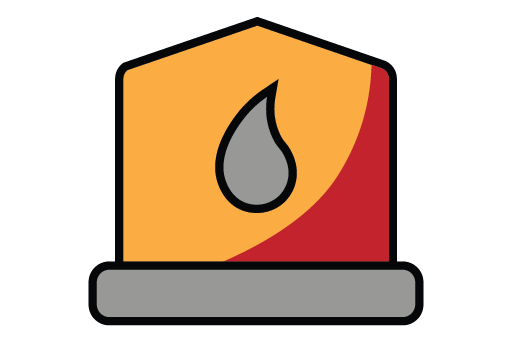
Over 140 Tribal reps participated in 11 oil spill prevention, response funding, and chemical incident prevention webinars
In 2023, 116 people representing more than 80 Tribes participated in ten Introduction to Spill Prevention, Control, and Countermeasure Regulation, Emergency Planning Community Right to Know Act, and CAMEO webinars for Tribes. An additional 27 participants from 25 Tribes engaged with OEM and U.S. Coast Guard National Pollution Fund Center staff to discuss access to the Oil Spill Liability Trust Fund. These webinars will help Tribes improve oil and chemical safety and protect Tribal health and the environment.

Two matches set up through the National Tribal Waste Management Peer Matching Program
In FY23, ORCR facilitated two peer matches to share information and ideas regarding solid and hazardous waste management, recycling, education, outreach, staffing, administration, and funding. Cherokee Nation was matched with Bay Mills Indian Community and Red Cliff Band of Lake Superior Chippewa was matched with San Carlos Apache Tribe.

ORCR Office Director visited five Tribal nations
In 2023, ORCR visited the Confederated Salish and Kootenai Tribes, Blackfeet Nation, Sac and Fox Nation, Prairie Band Potawatomi Nation, and Iowa Tribe to learn about environmental initiatives, challenges, emergency response, waste management and reduction, and regenerative agriculture.

213 participants participated in three presentations to Tribes
In 2023, quarterly calls of the Tribal Superfund Working Group provided discussion of priorities common to both Tribal nations and EPA, including critical minerals work, Tribal data integrity and sovereignty at Navajo Nation, and EPA’s PFAS Analytic Tools. 213 participants attended these TSFWG calls. In addition, 10 Tribal environmental staff attended the first in person meeting of the Tribal Superfund Working Group since before the pandemic with a site visit to Leviathan Mine in September.

UST program completed 11 cleanups in Indian country
The UST Program completed eleven cleanups in Indian Country, meeting our target goal for FY 2023.

OMDP established the Abandoned Uranium Mine Waste Subcommittee to the Federal Mining Dialog
In 2023, OMDP led the establishment of the Abandoned Uranium Mine Waste Subcommittee to the Federal Mining Dialogue. The Subcommittee brings together EPA and other federal partners - Department of Energy, Department of the Interior, U.S. Forest Service, and the Nuclear Regulatory Commission - to discuss challenges and opportunities for the disposal of abandoned uranium mine waste onto federal lands in the Southwest.

33 editions of the OLEM Tribal Friday News Roundup sent to Tribal and EPA partners
OCPA sent out 33 editions of the OLEM Tribal Friday News Roundup to our Tribal and EPA partners in 2023. This email newsletter provides information, news, and announcements that may be of interest to Tribes, including webinars, conferences, consultation opportunities, grants, and other events related to cleanup, prevention, and response programs.

100 percent of Tribes who applied for Section 104(k) grants were successful
In FY23, 100% of the Tribes who applied for Section 104(k) competitive brownfield grants (Multipurpose, Assessment, RLF & Cleanup) were selected for funding. Tribes received a combined total of over $19 million and included multiple first-time recipients and first-time applicants.

Conducted 73 SPCC inspections on above ground storage tanks in Indian Country
EPA welcomed two Osage Tribal SPCC inspectors in 2023. With decreasing certified staff and no additional funding, EPA, especially Region 6, performed 73 SPCC inspections in 2023 in Indian country to ensure compliance with Spill Prevention Control and Countermeasures requirements to prevent oil spills and protect Tribal residents and their environment.

Awarded more than $60 million in grant funding for 59 Tribal solid waste recycling infrastructure projects
ORCR selected 59 Tribal Nations and Intertribal Consortia across eight of the ten EPA regions in 2023 to receive more than $60 million in funding under the newly created Solid Waste Infrastructure for Recycling Grants for Tribes and Intertribal Consortia. These grants will enable Tribes to make improvements to their recycling and waste management systems.

Over 1,000 people participated in ORCR’s 11 Tribal Waste Management webinars
In 2023, ORCR hosted 11 waste management webinars for over 1,000 people on programs that impact Tribes. These webinars provided opportunities for discussions on topics of interest to Tribes and provided a forum for Tribes to share their success stories. Topics ranged from EPA’s Solid Waste Infrastructure for Recycling Grant program to tools for disaster debris, and included two webinars led by the ORCR Office Director.

OLEM joined Quapaw Nation to celebrate Ten Years of Tar Creek Remediation
In October 2023, OLEM joined Regions 6 and 7 to travel to Quapaw Nation for a celebration of ten years of the Tribe leading remedial action work at the Tar Creek Superfund site. Quapaw Nation was the first Tribe in the country to receive cooperative agreement funding to implement remedial action.

Two 10,000-gallon storage tanks removed from site in Indian country
Our Brownfields and Underground Storage Tank programs recently coordinated with the Standing Rock Sioux Tribe Brownfields program on the removal of two 10,000-gallon storage tanks and testing for soil contamination at the former Henry's Service Station.

OMDP held a listening session with Tribal communities on abandoned uranium mines
In August 2023, OLEM and Region 6, in collaboration with the University of New Mexico Metals Exposure and Toxicity Assessment on Tribal Lands in the Southwest (METALS) research center, hosted a listening session on abandoned uranium mines (AUMs). EPA heard concerns and ideas about AUMs from Tribal communities and organizations.

